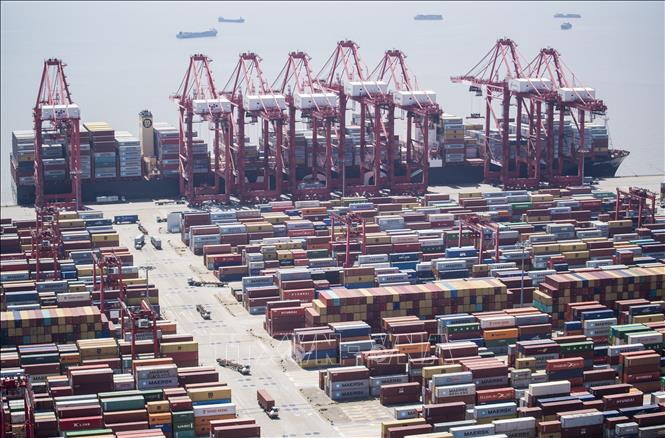China’s Market-oriented Reforms Could Accelerate Growth

China has the potential to drive rapid economic growth through market-oriented reforms, according to Kristalina Georgieva, the Managing Director of the International Monetary Fund (IMF). In her speech at the China Development Forum, Georgieva stated that this additional growth would be equivalent to a 20% expansion of the country’s GDP over the next 15 years, amounting to an extra $3.5 trillion. She called for measures to improve the sustainability of the real estate sector, reduce debt risks, and focus more on domestic consumption.
Market-oriented Reforms in Real Estate
Georgieva emphasized that decisive actions to address the current challenges in the real estate sector, such as reducing the number of unfinished houses and creating room for market-based adjustments, can accelerate progress. These measures would not only resolve existing issues but also enhance consumer and investor confidence.
Chinese Prime Minister Li Qiang recently announced that the country would further optimize its policies towards the real estate market. In early March, he set a target of approximately 5% annual growth for this year—a goal that many analysts consider ambitious.
Boosting Domestic Consumption
Georgieva also highlighted the importance of China relying more on domestic consumption by increasing household incomes, enhancing spending capacity, and expanding the social security system. This includes establishing a responsible financial retirement system.
The IMF Managing Director recommended that the Chinese government establish a robust legal framework for artificial intelligence (AI) technology. She noted that China is leading the way among emerging economies in terms of AI readiness.
In January 2024, the Chinese Ministry of Industry and Information Technology released a draft guideline to standardize the AI industry. The goal is to apply national and industry standards by 2026.
Advancing Green Economy Policies
Georgieva highlighted China’s immense potential to promote a green economy. She also suggested expanding the emission trading system (ETS) to include the industrial sector. Currently, the ETS only covers the electricity sector and is expected to encompass new areas such as cement and aluminum by the end of 2025.
China’s market-oriented reforms and emphasis on sustainable growth are crucial steps towards achieving long-term economic stability and prosperity. By addressing challenges in the real estate sector, boosting domestic consumption, and embracing green economy policies, China can unlock its full potential and create a brighter future.
For more financial news and insights, visit Business Today.
